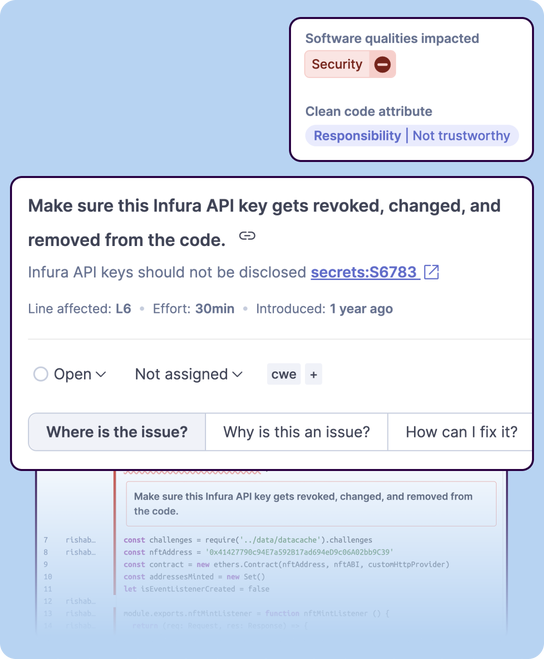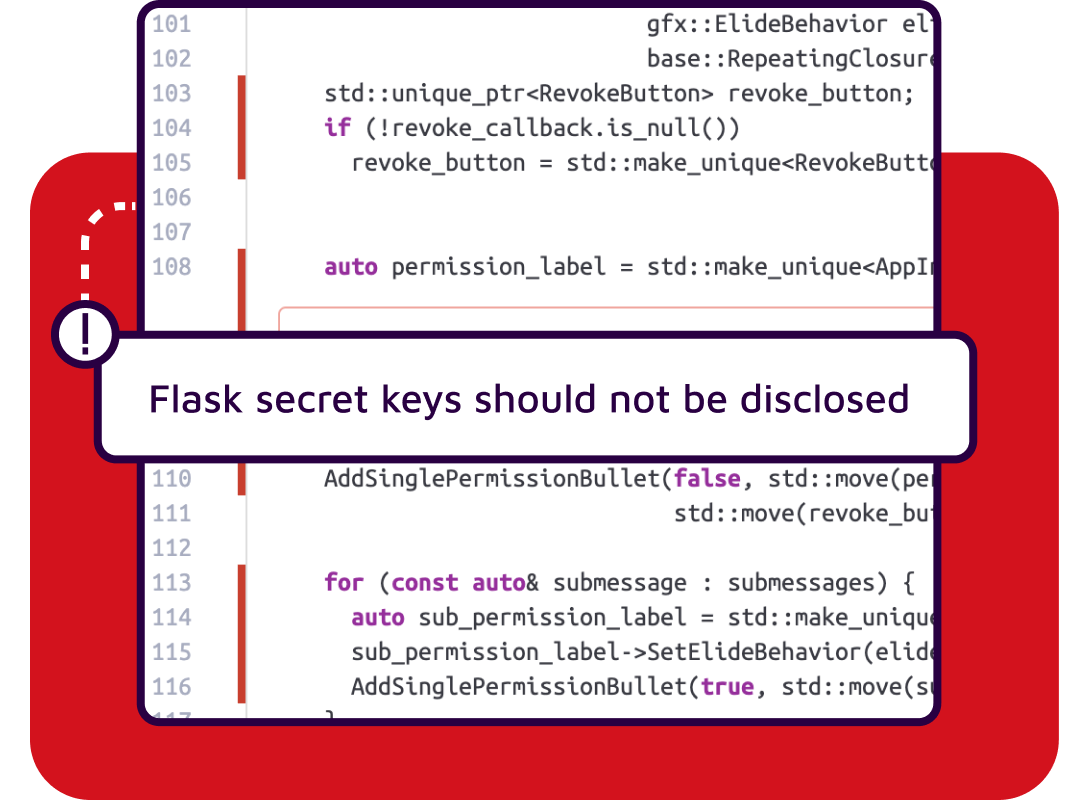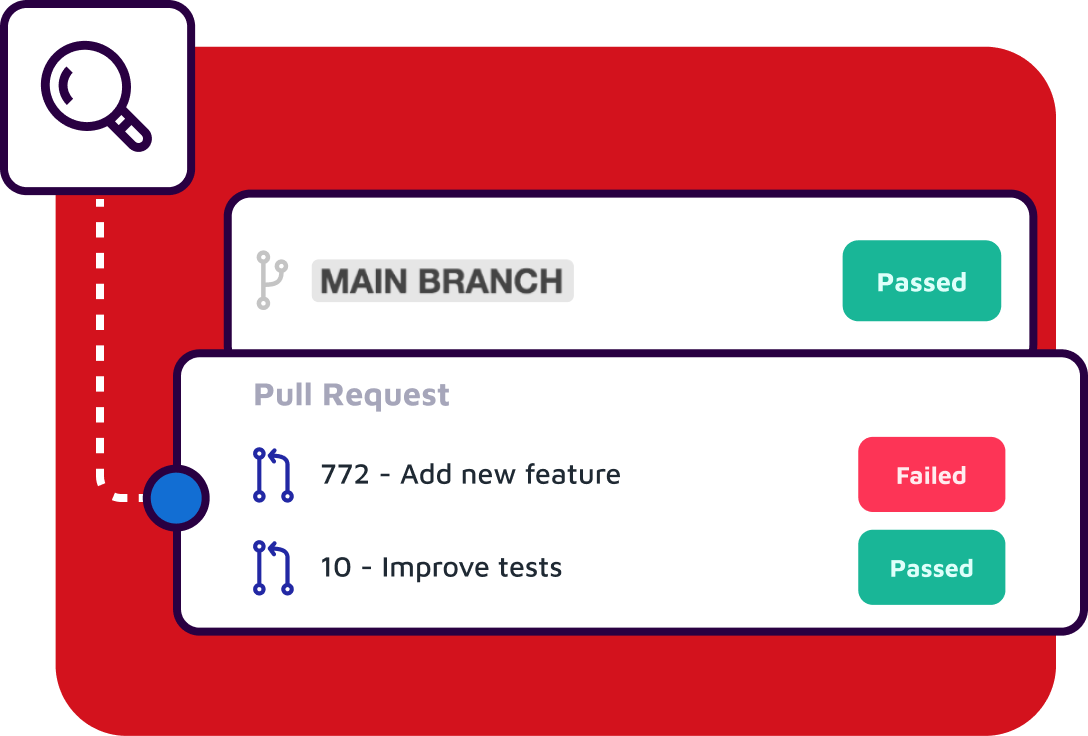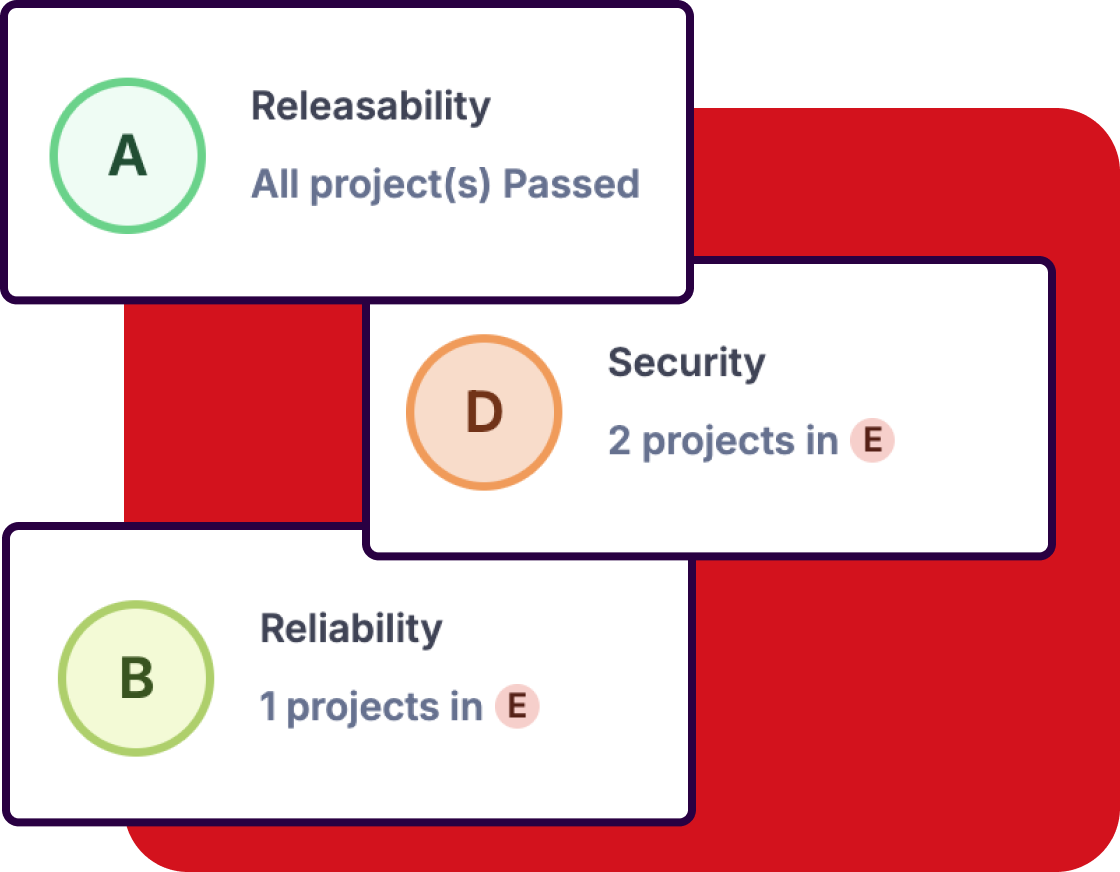The risk of hardcoded secrets
Hardcoded secrets are high-value credentials that, when exposed, compromise your entire security posture and private data. SonarQube provides the "trust and verify" framework needed to identify these risks early—from API keys to database tokens. This proactive approach prevents the costly, complex remediation and developer toil associated with repository leaks, ensuring code security and code health stay prioritized throughout your workflow.



